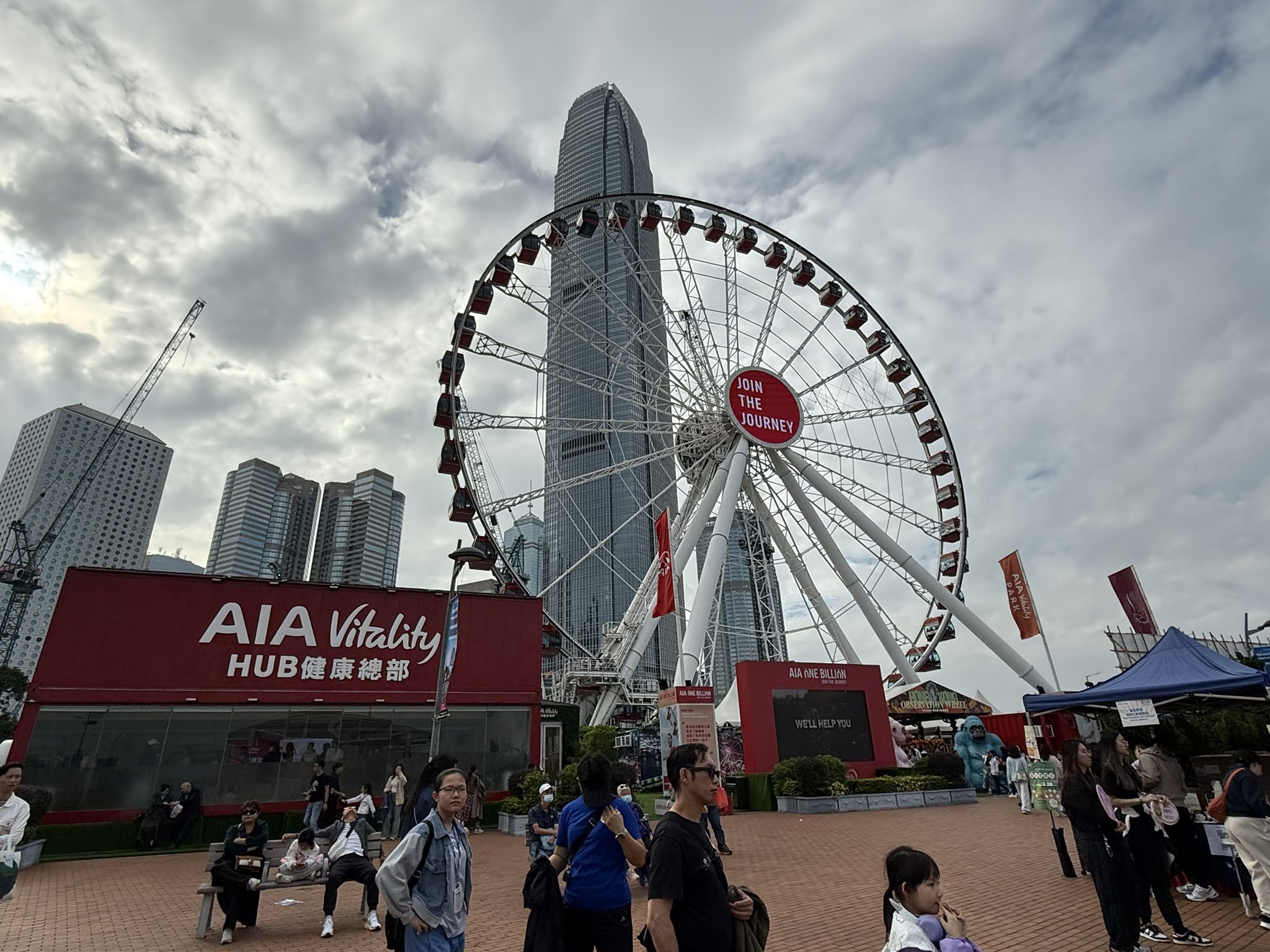
Al Shafi'i Mosque
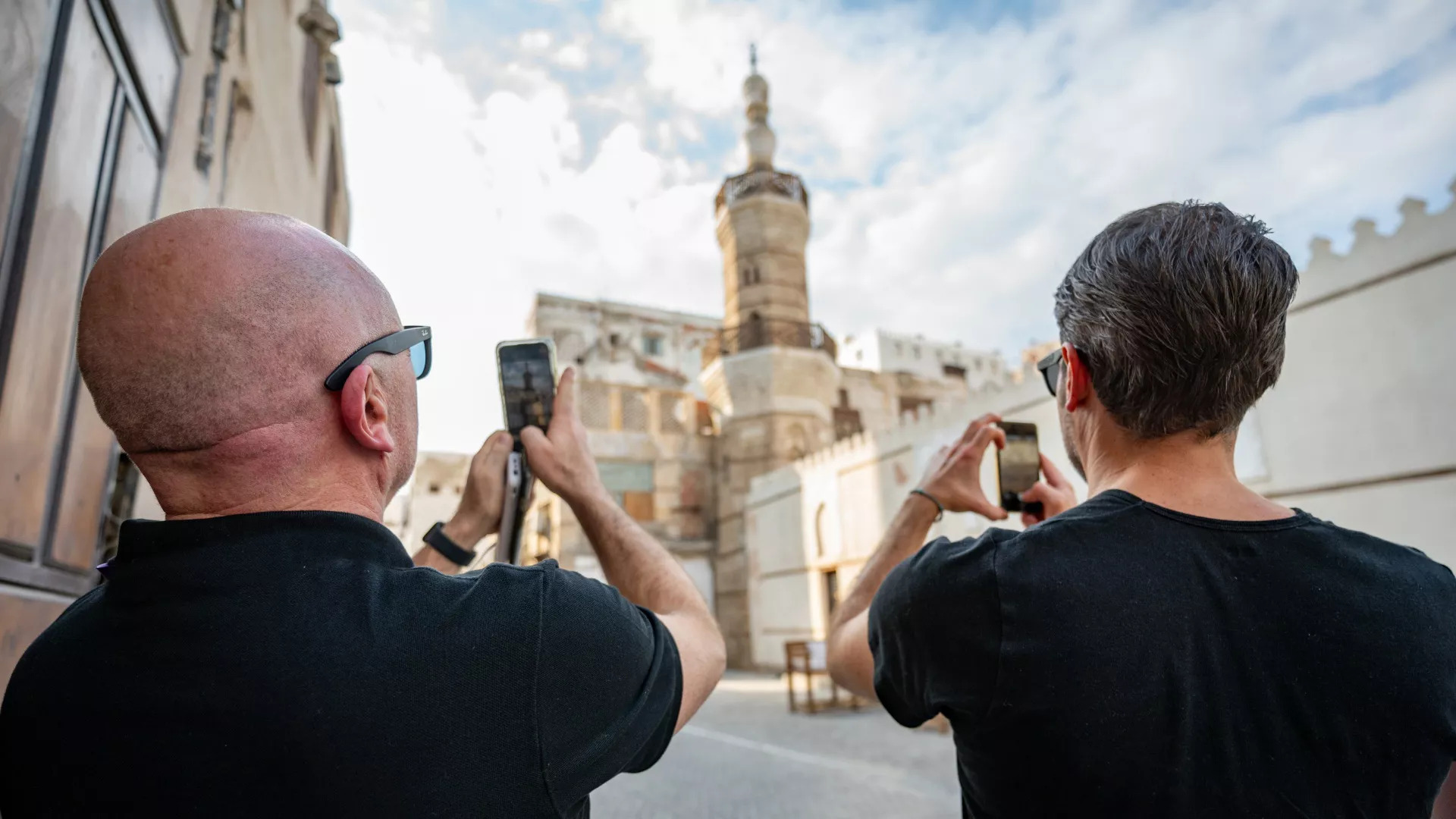
A Pillar of Historic Jeddah's Legacy
Location: Al Shafi'i Street, Al Balad, Jeddah
Al Shafi'i Mosque, originally named Alateeq Mosque, boasts a rich history spanning nearly 1,400 years. Renamed after the esteemed Islamic scholar Imam Shafi'i, it ranks among the oldest mosques in Historic Jeddah. Historical records dating back to 1045 mention its significance. The mosque's mehrab is particularly celebrated for its intricate carvings, adorned with striking crimson, emerald green, and indigo hues.
Visitors to Al Shafi'i Mosque can immerse themselves in the profound historical and architectural beauty of this cherished site, which continues to serve as a vital place of worship and reflection, linking the city's past with its present.
Beit Al Matbouli
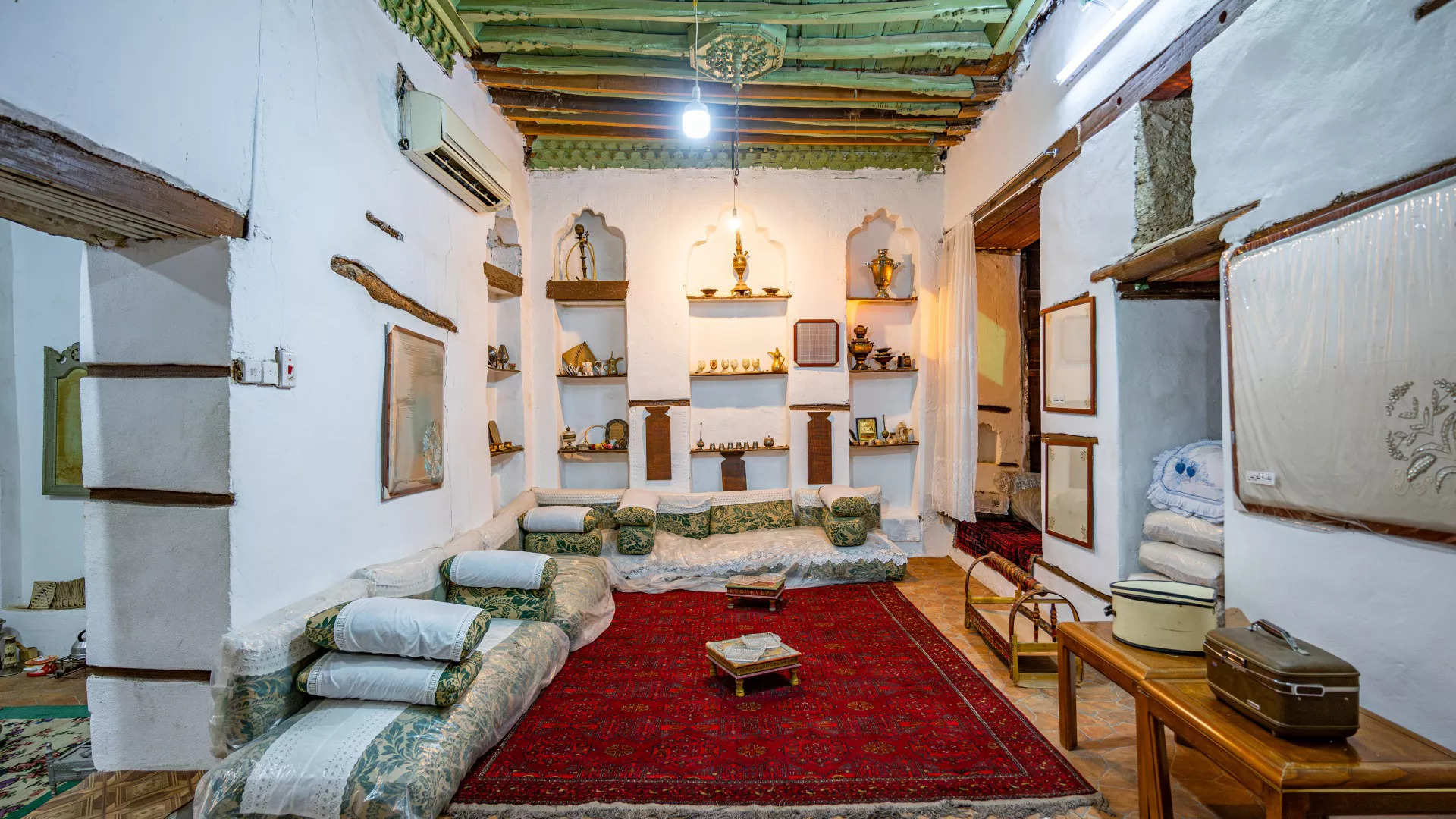
A Glimpse into Historic Jeddah's Elegant Past
Location: Al-Mahdiyah Street, Al Balad, Jeddah
Constructed in 1613, Beit Al Matbouli stands as one of the most renowned historical houses in Historic Jeddah. Its stunning facade, characterized by classic brown rawasheen, radiates timeless elegance. Currently functioning as a museum, Beit Al Matbouli invites visitors to step into a bygone era and experience traditional Jeddah life.
With two entrances and beautifully preserved interiors, this house exemplifies the district's rich architectural heritage and cultural history, making it a must-see for anyone interested in the past.
Beit Baeshen
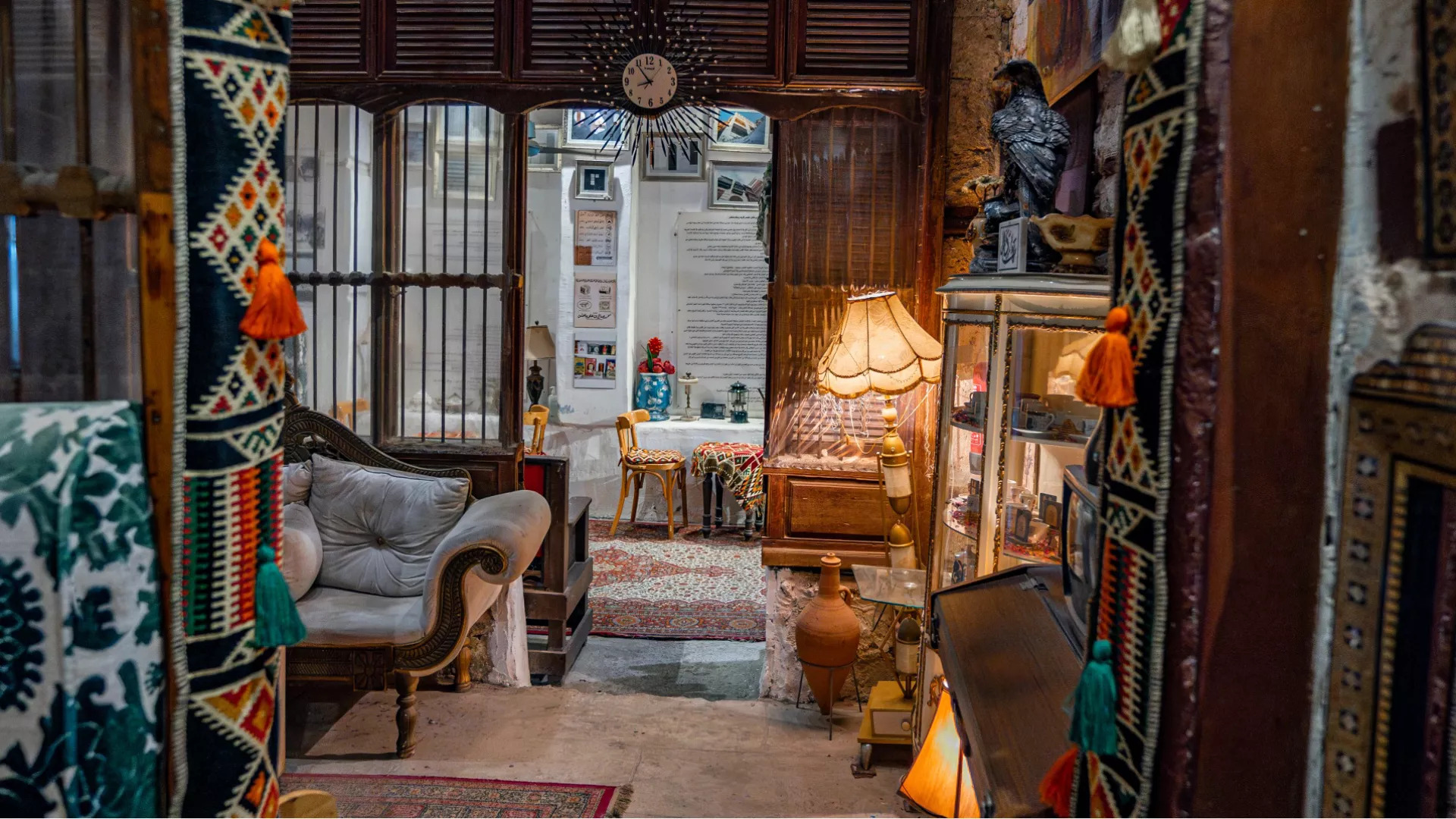
A Heritage Haven in the Heart of Historic Jeddah
Location: Al-Balad, Jeddah
Beit Baeshen is an impressive residence in Historic Jeddah, comprising two interconnected homes that showcase the area's unique architectural style. The house features splendid rawasheen and embodies cultural values of gender separation, with the men’s parlor accessible from the main entrance, while the inner quarters are designated for women.
A serene courtyard adorned with calligraphic verses from the Quran adds to the tranquil atmosphere. Visitors can also enjoy a relaxing experience at Al Roshan Café on the ground floor, reminiscent of traditional living spaces from the past.
Beit Nassif
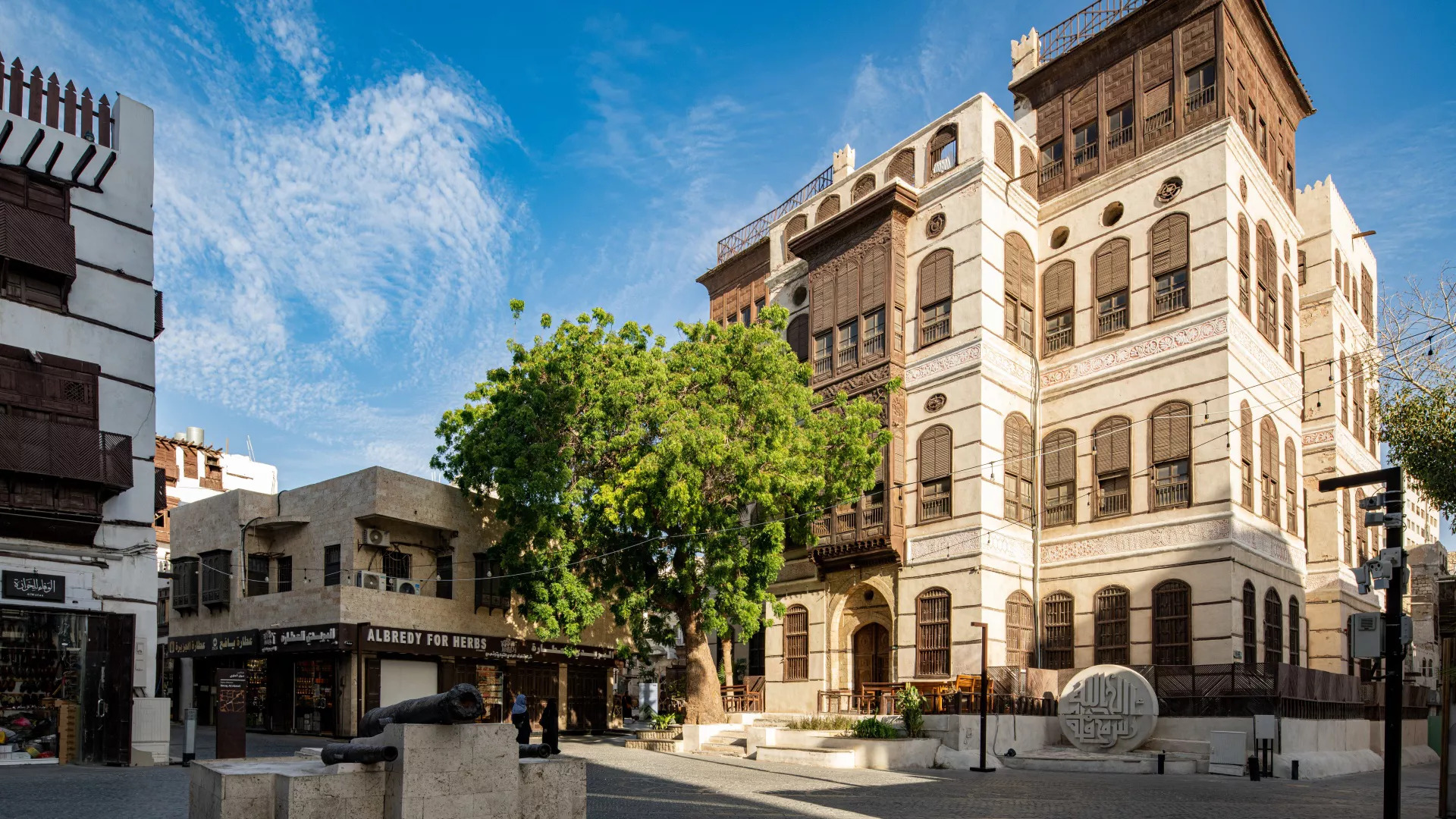
A Gem of Historic Jeddah
Location: Al-Mu'nisah Street, Al Balad, Jeddah
Dating back 155 years, Beit Nassif is a magnificent mansion that reflects Jeddah’s rich cultural and architectural heritage. Once the residence of King Abdulaziz, the founder of modern Saudi Arabia, this historic house is steeped in significance. Guests can explore its grand rooms filled with historical artifacts, including a sentinel neem tree over 130 years old that stands guard at the entrance.
Beit Nassif provides an insightful glimpse into the past, highlighting the grandeur of Al Balad and its importance in Saudi history, making it an essential stop for history enthusiasts.
Hayy Jameel
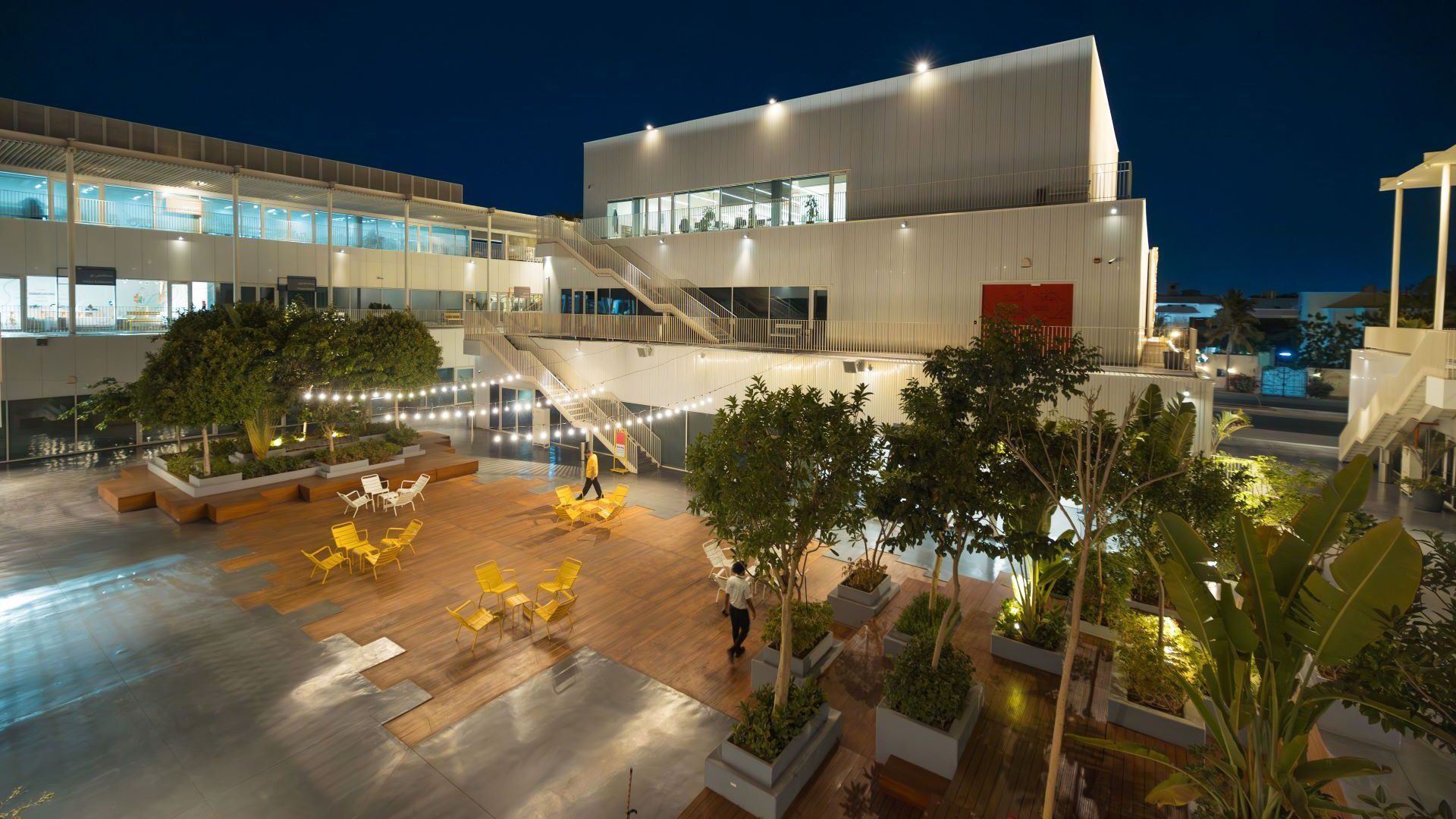
A Standout Spot with a Unique Creative Ambiance
Location: Al-Mohammadiyah, Jeddah
Hayy Jameel is a vibrant center of innovation, showcasing a diverse array of seasonal art exhibitions, workshops, and cultural events. Families can spend a delightful day exploring the lively art scene and creative community that thrives in Jeddah, making it a perfect destination for art lovers and those seeking inspiration.
Historic Jeddah - Al Balad
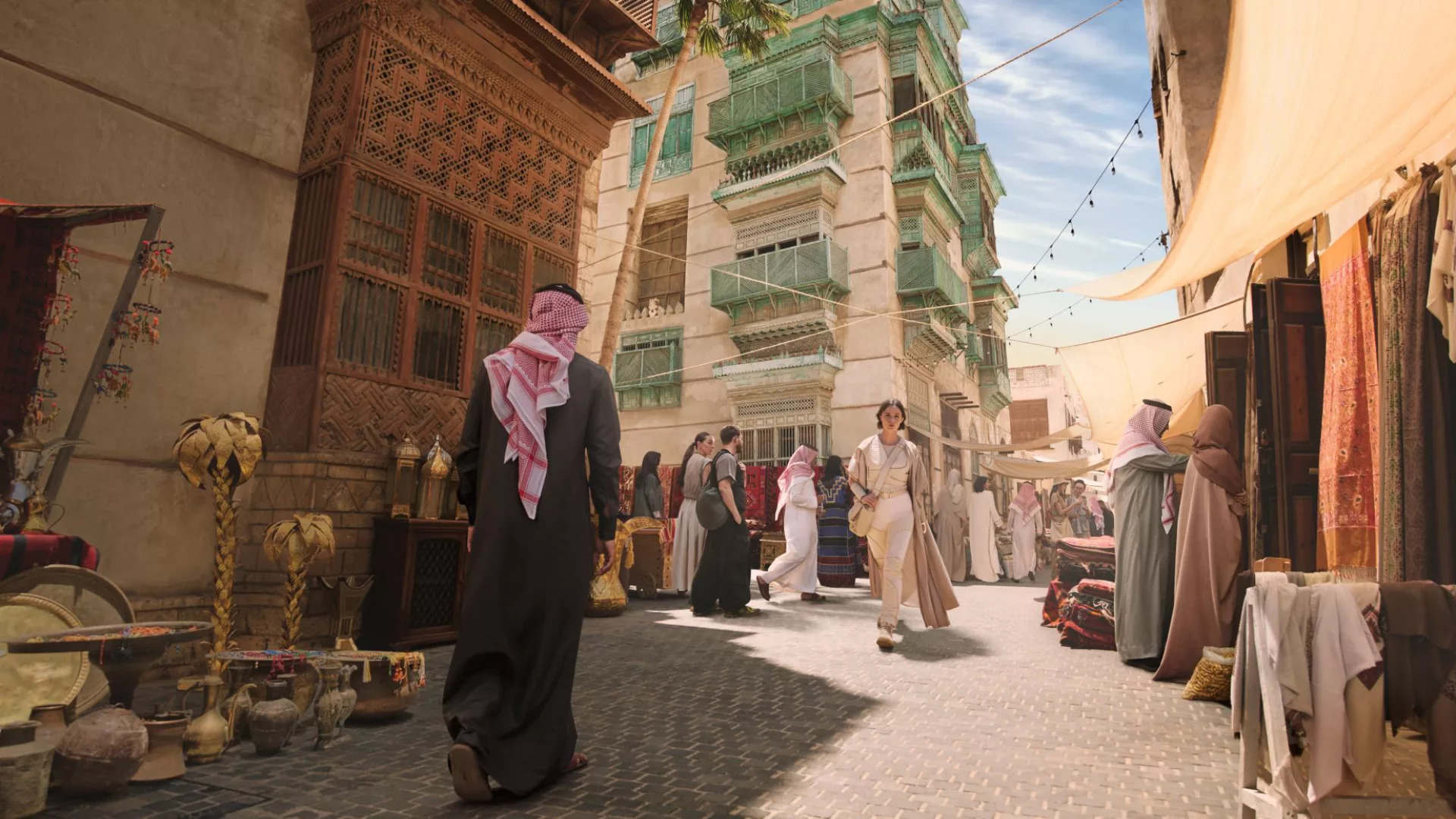
The Heart of Cultural Heritage
Location: Al Balad, Jeddah
Historic Jeddah, known as Al Balad, was transformed into the royal seaport for Makkah in 657 AD. This area has long been a melting pot of cultures, attracting people from various backgrounds. The site features a rich human heritage, with eight historical gates, each telling its own story. Additionally, it is home to more than ten ancient houses, celebrated for their unique designs and the legacy of their founding families.
Visitors can capture stunning photographs and experience the essence of Jeddah's history.
Tariq Abdulhakim Center
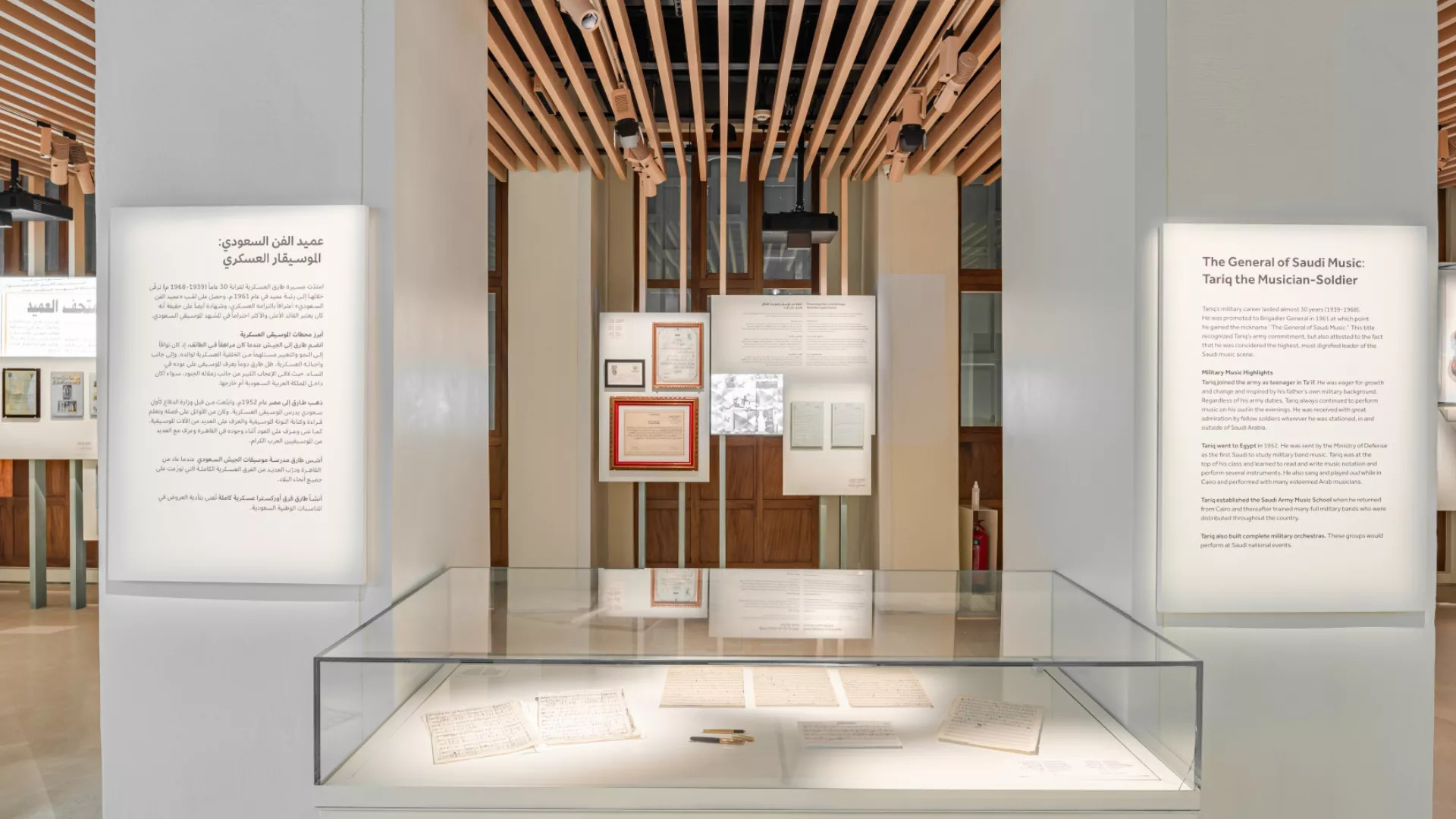
A Melodic Journey Through Saudi Heritage
Location: Al-Balad, Jeddah
Nestled in Historic Jeddah, the Tariq Abdulhakim Center pays homage to one of Saudi Arabia's beloved musicians and composers. The museum houses an extensive collection of Abdulhakim's personal artifacts, musical works, and multimedia presentations. Visitors can engage deeply with Saudi musical heritage through interactive exhibits, workshops, and research initiatives that promote cultural awareness.
This center offers a unique opportunity to connect with the vibrant history of Saudi music.
Tayebat Museum
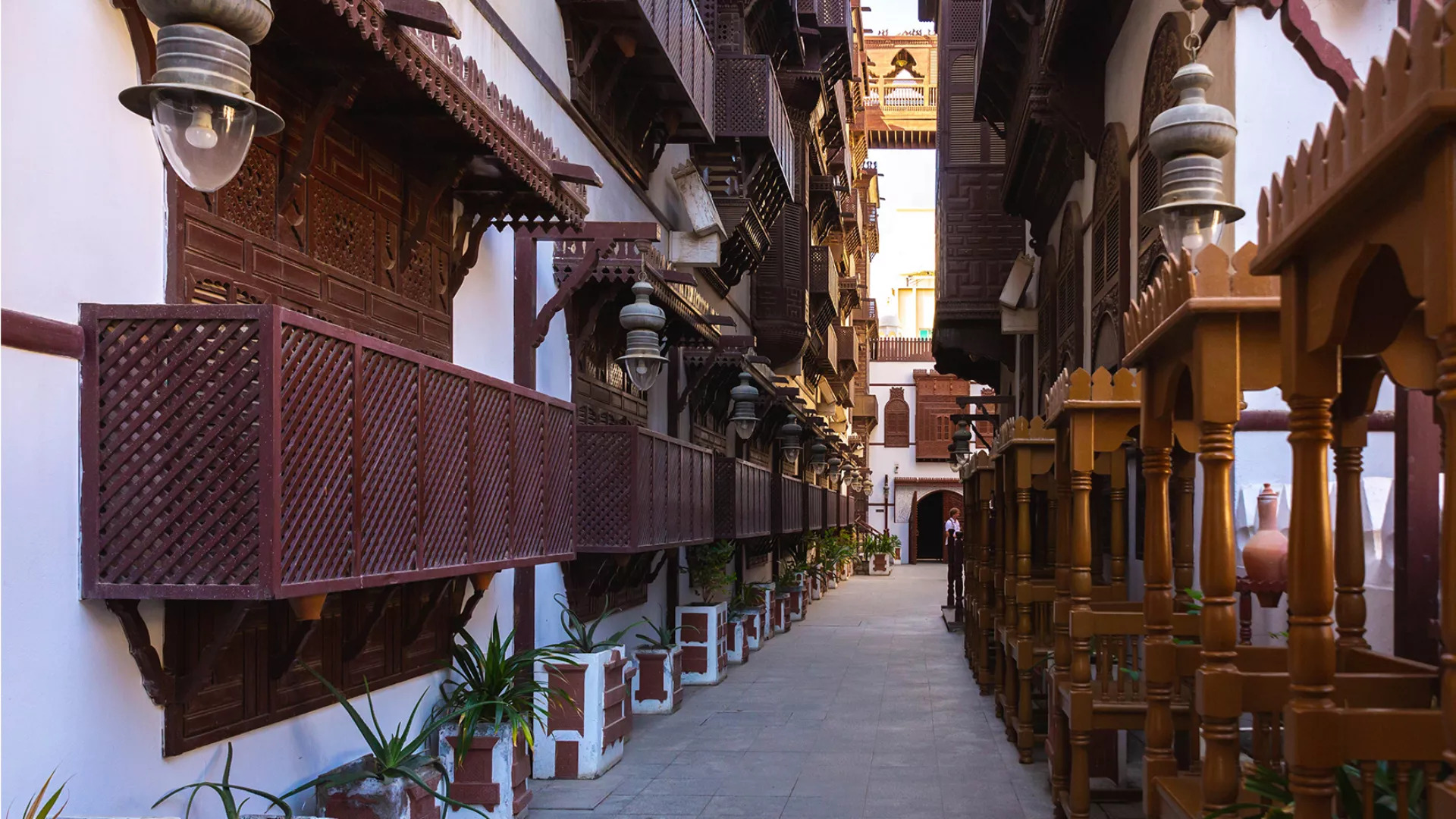
Explore Saudi Arabia’s Rich Heritage
Location: Al Faisaliyah, Jeddah
Jeddah's history extends far beyond the modern era, serving as one of the Gulf's oldest seaports and a gateway to Makkah. The Tayebat Museum provides a captivating look into the city’s 2,500-year history. Situated in the Al Faisaliyah district, the museum's architecture reflects traditional Hijazi styles, featuring ornate coral masonry and intricately designed bay windows.
With multiple floors of enlightening exhibits, visitors can learn about Jeddah’s foundational role in Saudi Arabia and the wider Arabian Peninsula, including a dedicated section on its Islamic heritage.
Zawiya 97
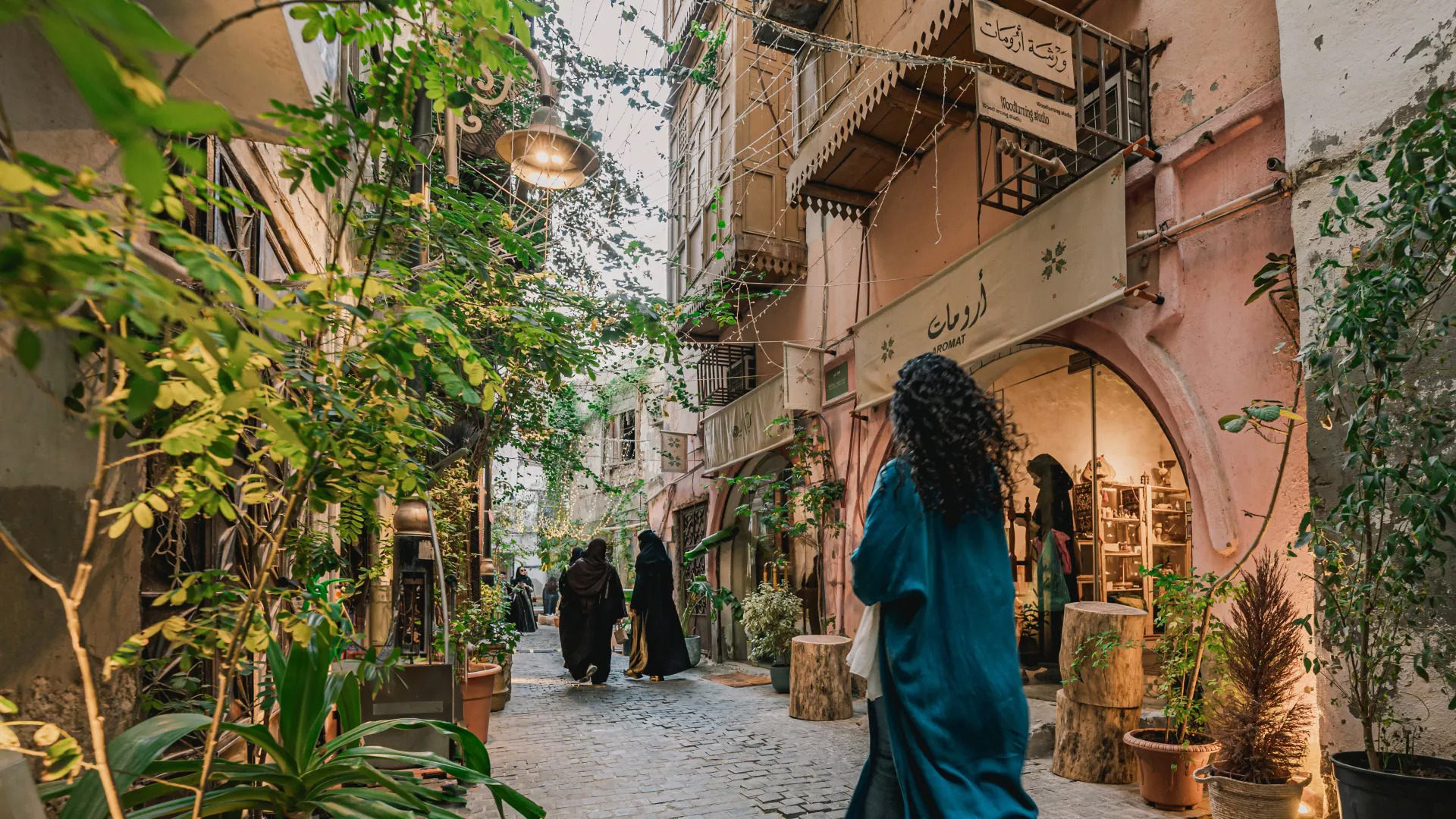
The Cultural Hub of Historic Jeddah
Location: Al Balad, Jeddah
Zawiya 97 is a dynamic cultural hub located within the enchanting lanes of Historic Jeddah. This unique space celebrates both traditional crafts and contemporary creativity. Positioned at a symbolic 97-degree angle from Jeddah to Makkah, it offers visitors the chance to explore the bustling Artisans Souq, savor culinary delights at Al Murakab Community Kitchen, and engage with curated exhibitions that highlight the living heritage of the district.
Zawiya 97 invites everyone to experience Jeddah’s cultural richness, blending heritage with innovative artistic expression.
teamLab Borderless Jeddah (Albalad)

Immerse Yourself in a Borderless World
Location: Al Balad, Jeddah
teamLab Borderless, now open in Jeddah, presents a unique collection of artworks that form an interconnected, continuous environment. These creations move freely through the space, engaging with visitors and other artworks in a dynamic interaction. The experience reflects the concept of time as it relates to human presence, allowing individuals to explore and create new connections within this immersive setting.
As visitors navigate this borderless world, they engage in a shared exploration of community and relationship, offering a refreshing perspective on the interconnectedness between people and their surroundings.




.jpg)

.jpg)



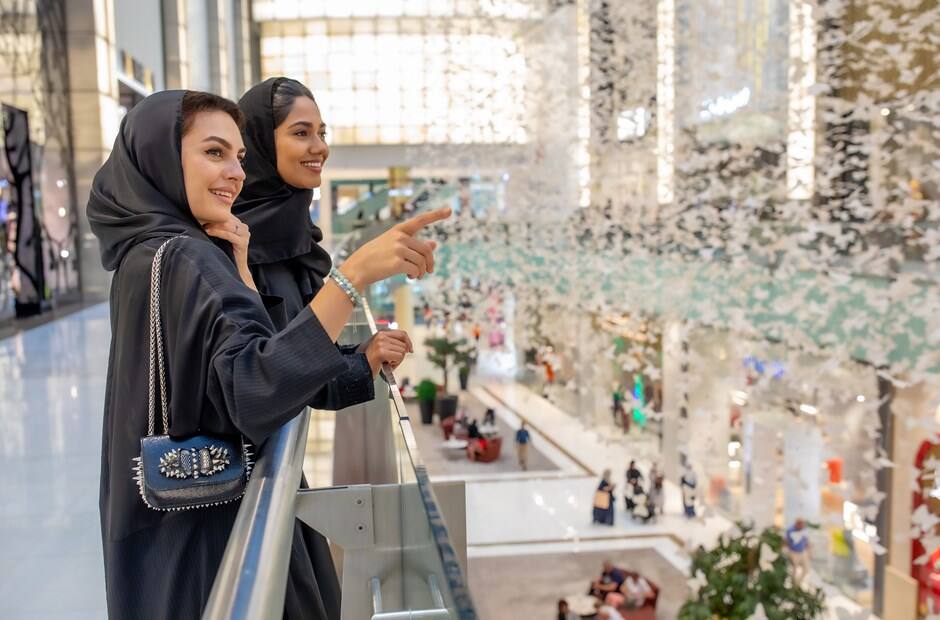


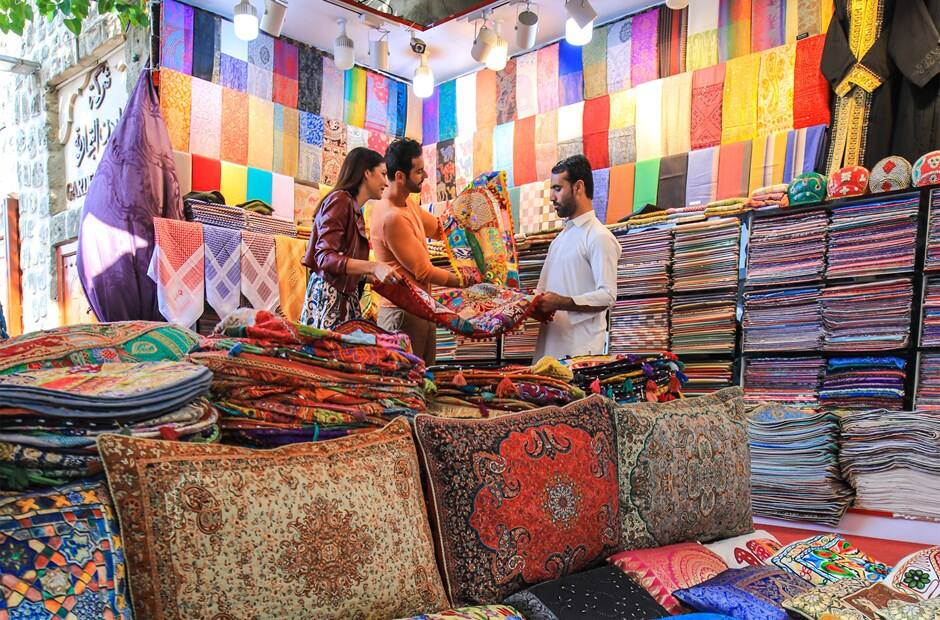

.jpg)
.jpg)
.jpg)
.jpg)


.jpg)
.jpg)

.jpg)
.jpg)
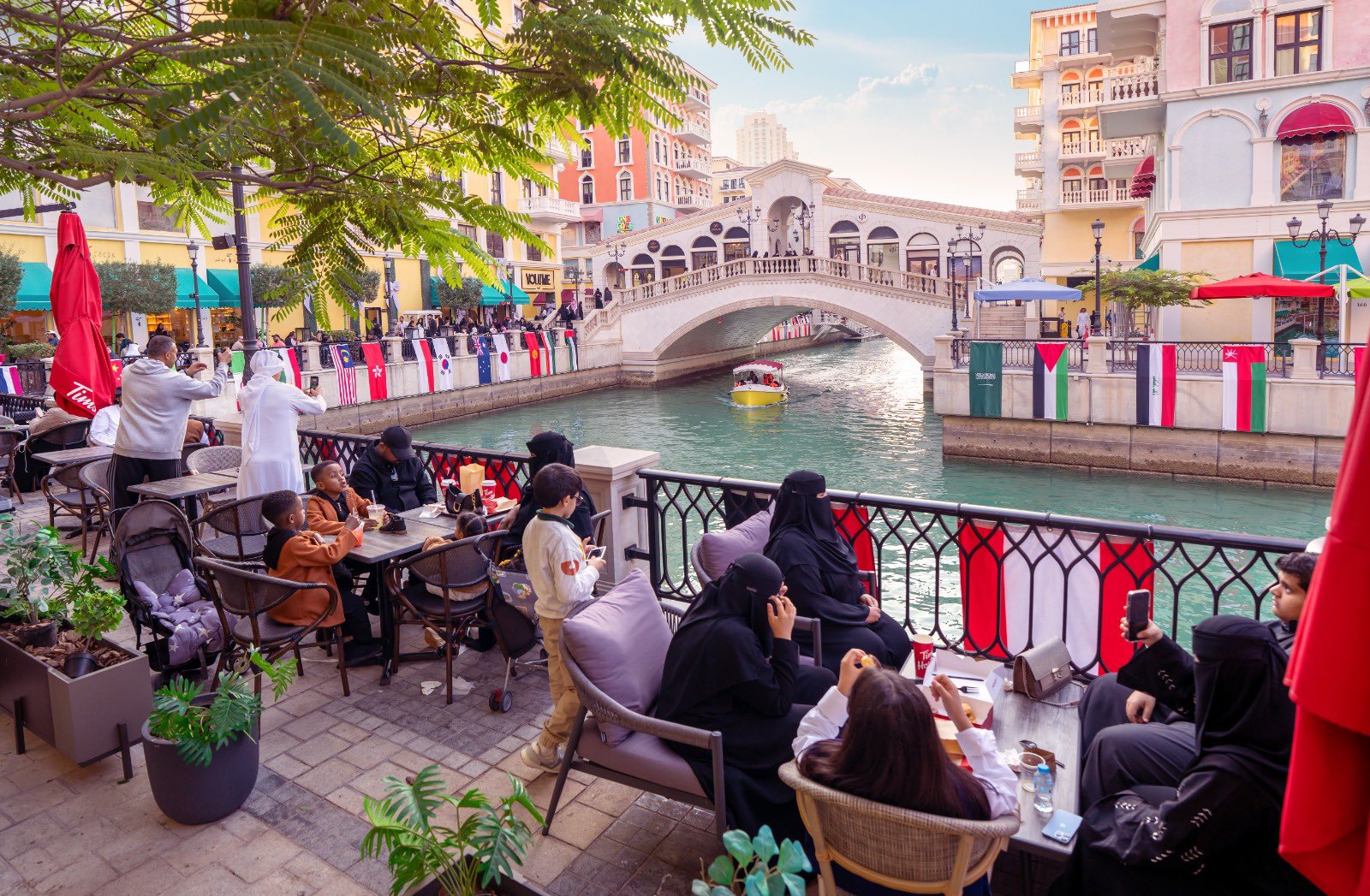
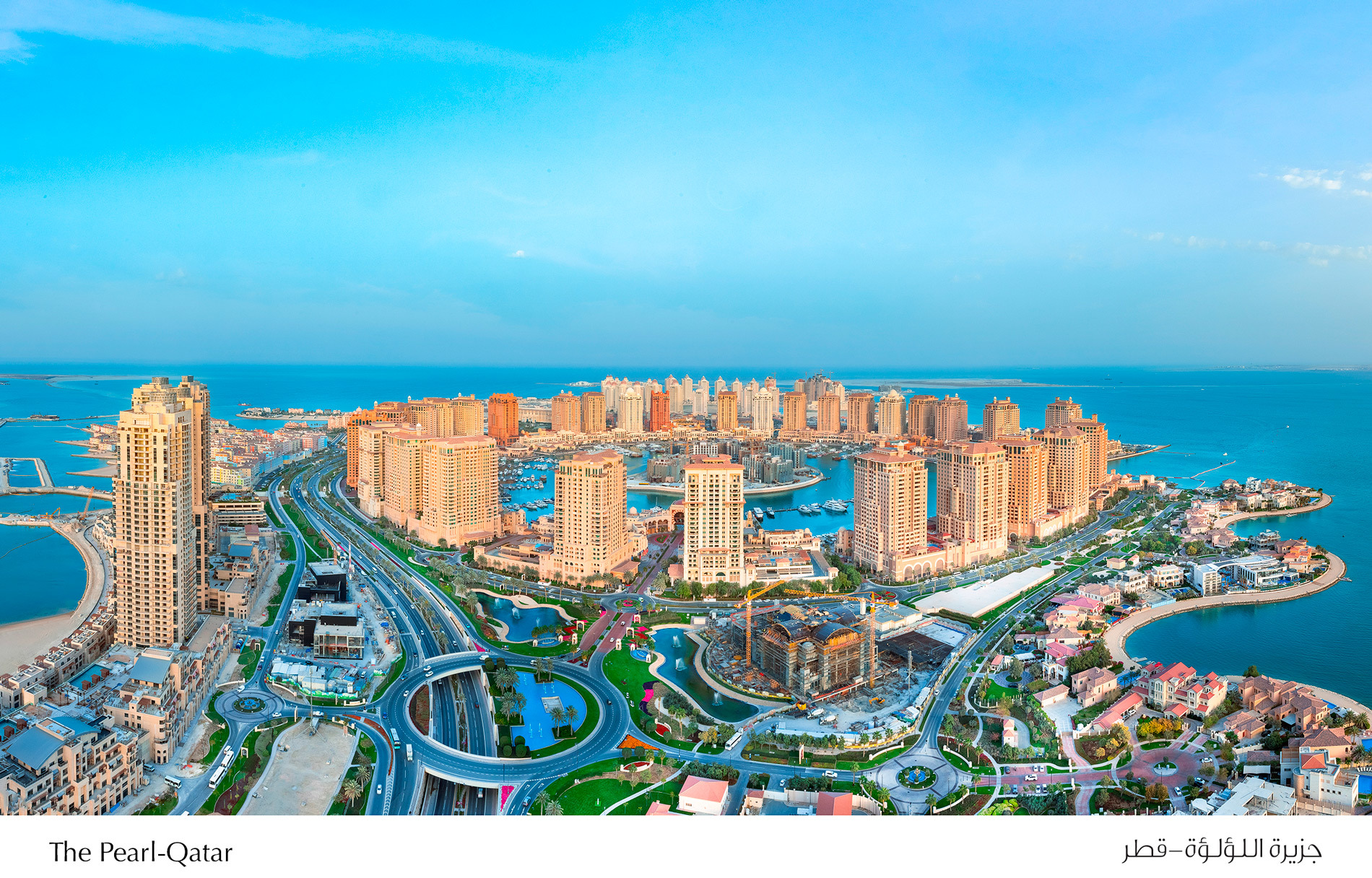
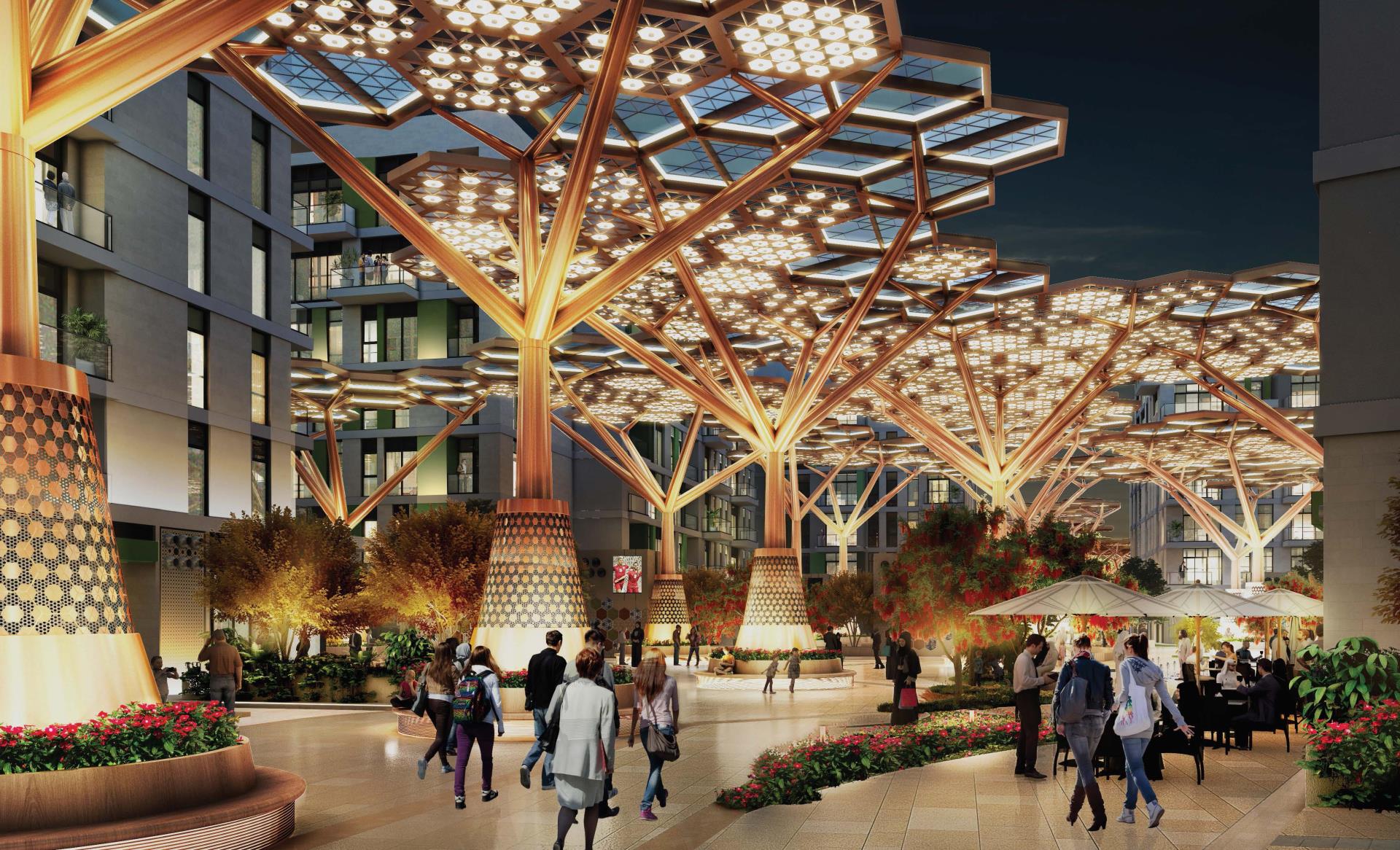
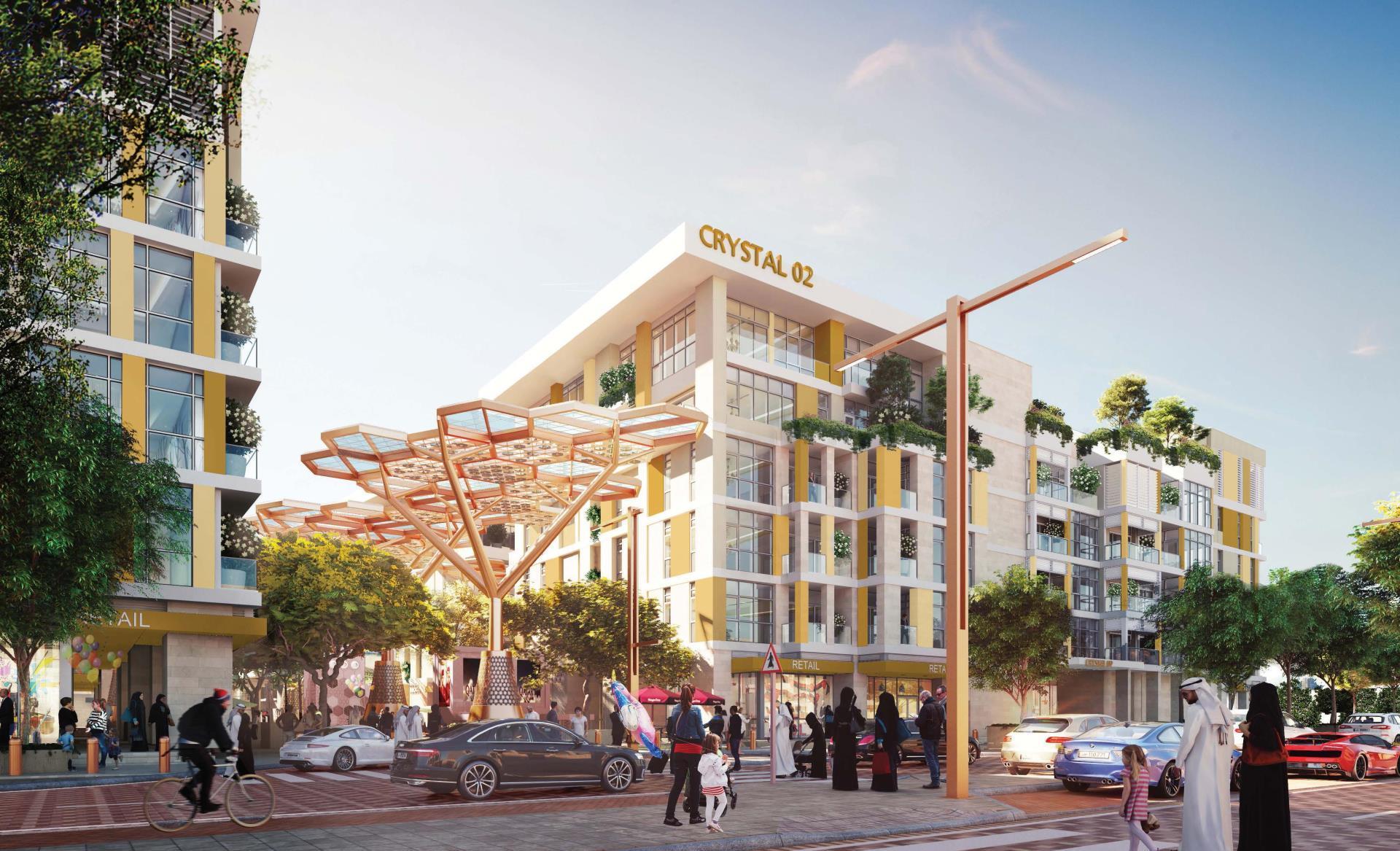
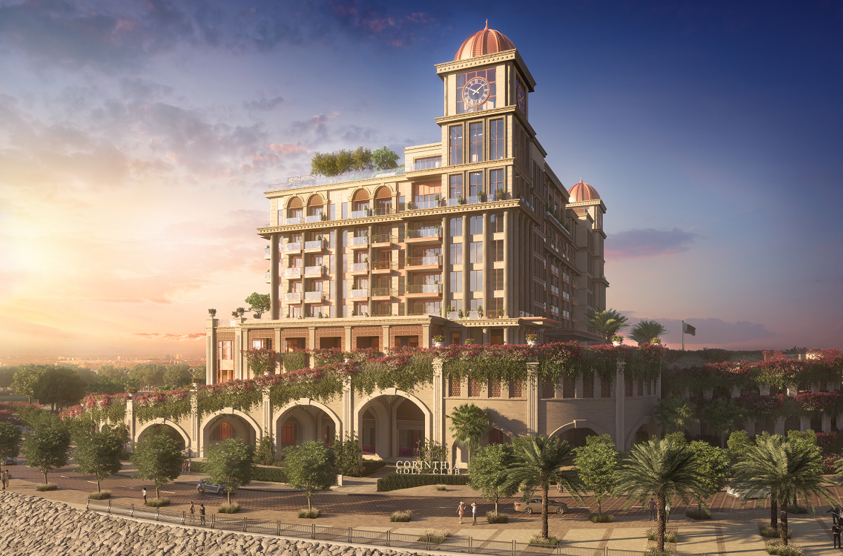
.jpg)
.jpg)
.jpg)
.jpg)





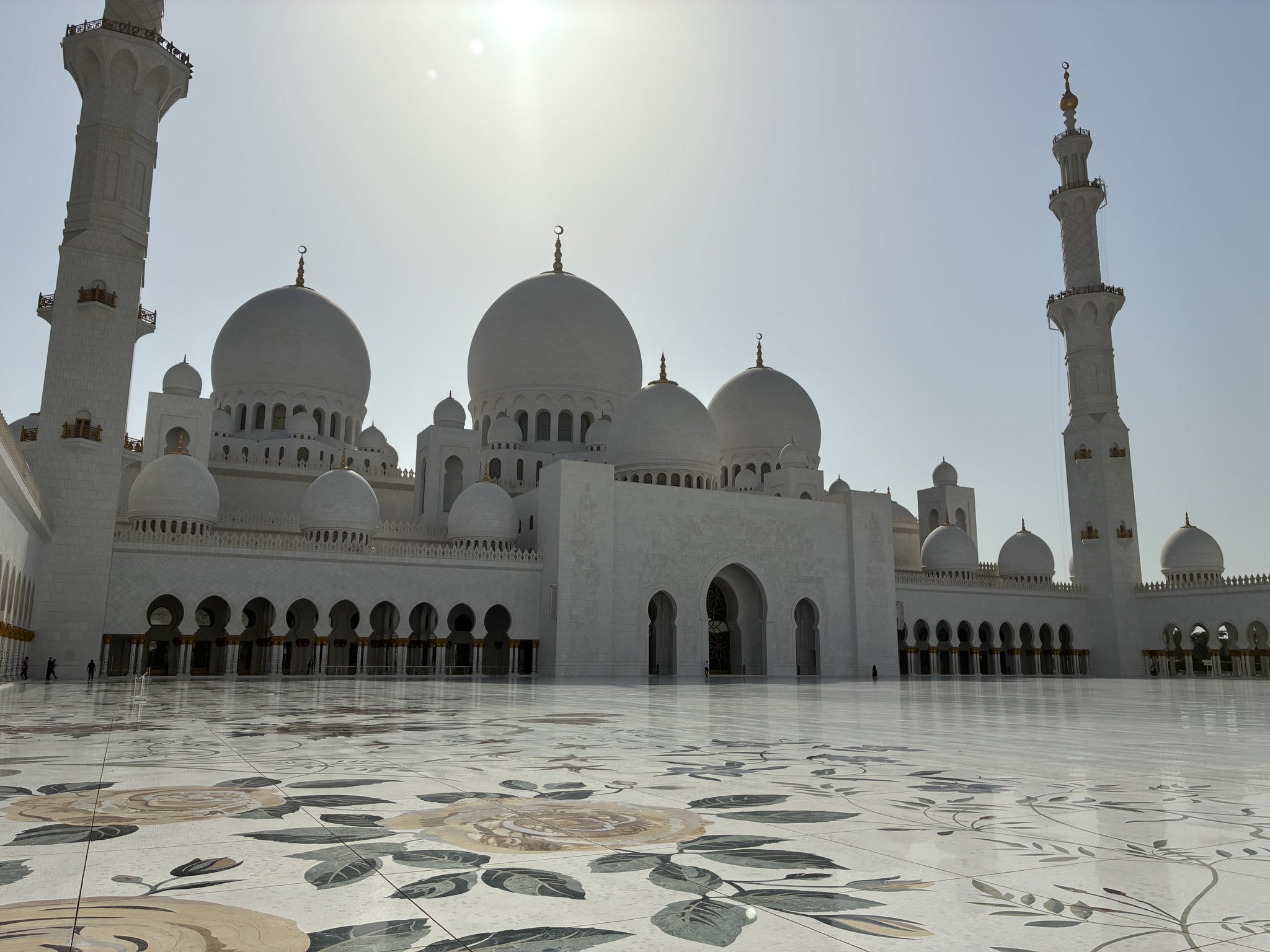
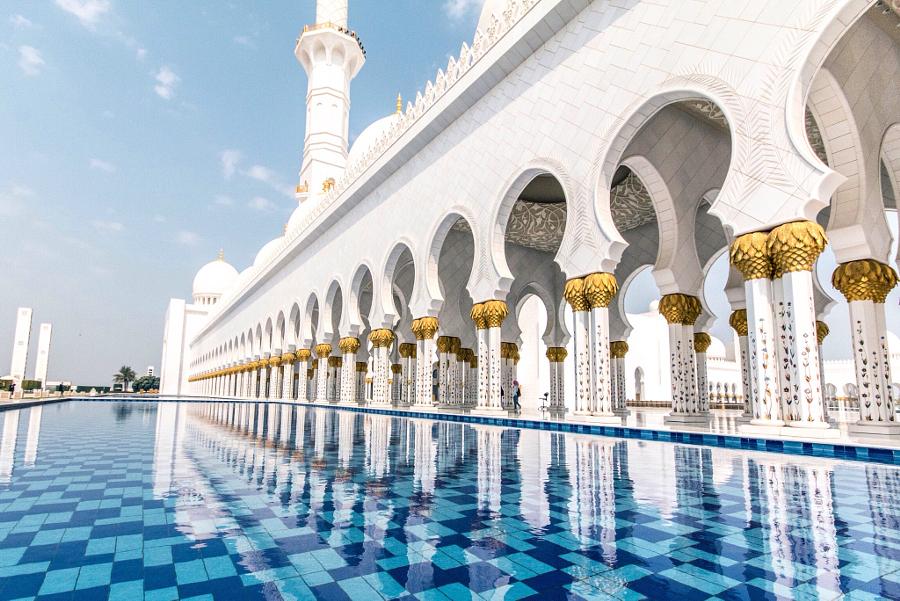
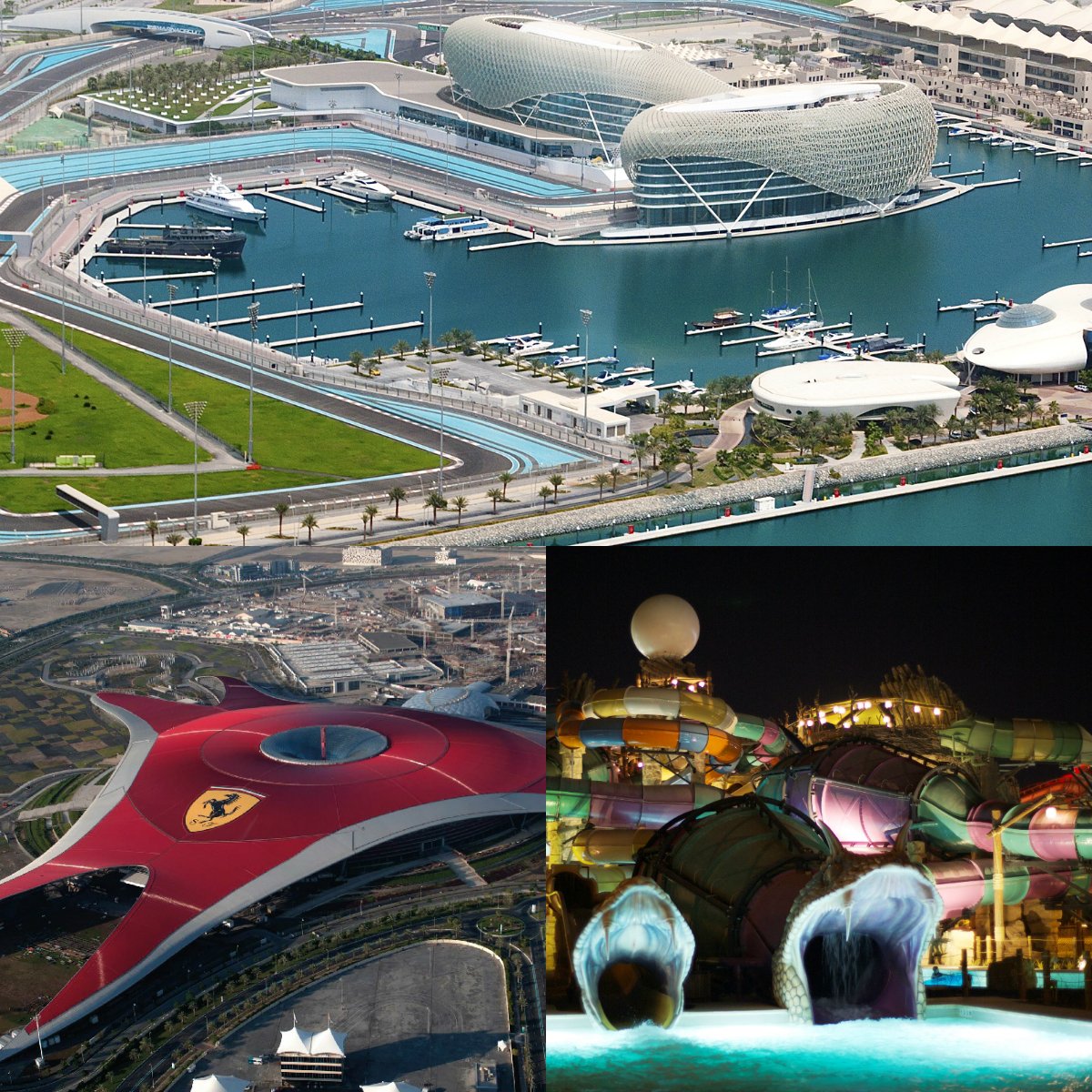
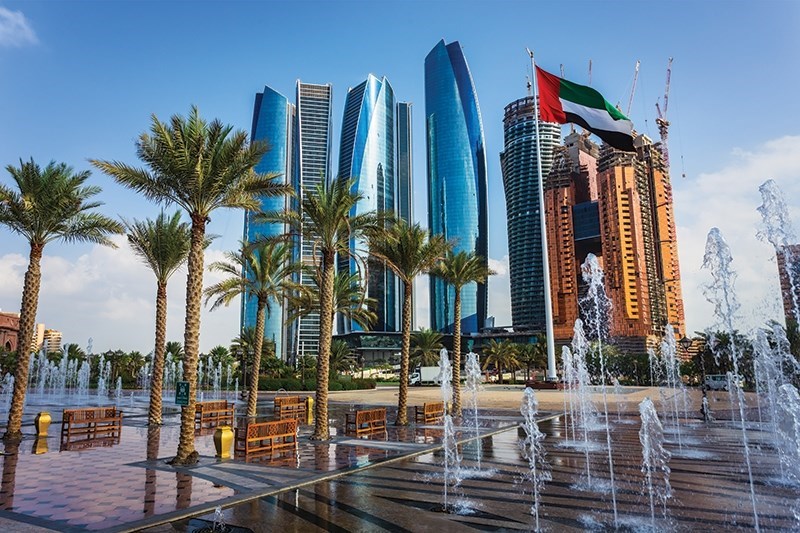
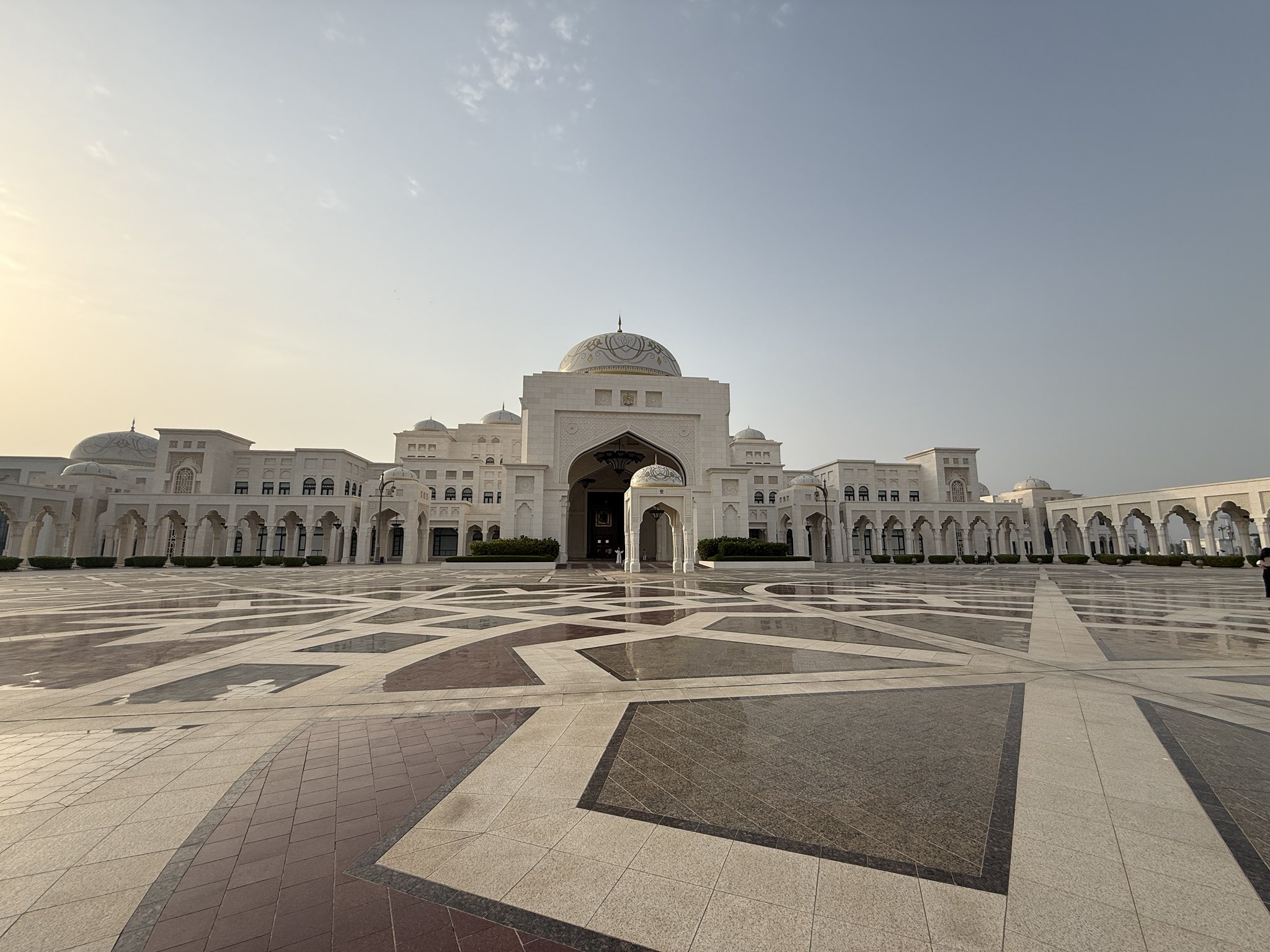
.jpg)





.jpg)
.jpg)

.jpg)




.jpg)

.jpg)

.jpg)

